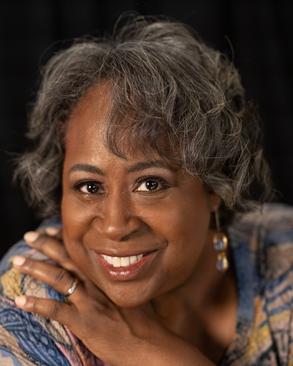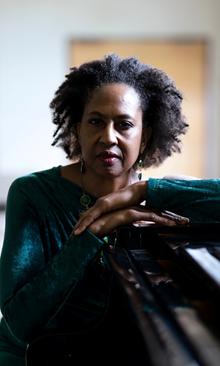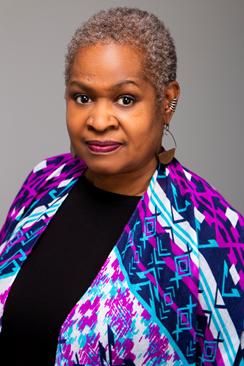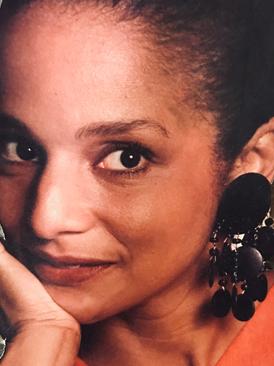BIPOC Creators, Front & Center
The tides are shifting in contemporary opera as creators of color continue to take their long-overdue place as essential contributors to the American opera repertoire. Underpinning this change are OPERA America’s IDEA Opera Grants, a program generously supported by the Charles and Cerise Jacobs Charitable Foundation. IDEA Opera Grants directly fund creative teams of composers and librettists who identify as African, Latinx, Asian, Arab, and/or Native American and support the development of their new operas.
This winter, OA awarded the third-ever round of grants to two creative teams that are focusing on issues of social justice in their new work development. Each team of promising opera creators will receive a prize of $12,500 to support the production of a workshop, reading, or other performance-based events, plus additional funds to commission high-quality video recordings of workshops and working performances for promotional use. They will also benefit from career development opportunities and support from OA.


The Boy From Troy
Librettist Diana Solomon-Glover (partners with composer Maria Thompson Corley to create The Boy from Troy, a 20- to 25-minute semi-staged oratorio with text based on the life and accomplishments of the late Congressman John Lewis. The work covers seminal moments of Lewis’ life and involvement in the civil rights movement, highlighted by his participation in the march from Selma, Alabama, across the Edmund Pettus Bridge. It ends with the essay he wrote to America in his final days.


A GOD • SIB’S TALE: A Folk Opera
Composed by Pamela Baskin-Watson, and based on a book by Baskin-Watson and Nedra Dixon, A GOD • SIB’S TALE: A Folk Opera takes place in the fictional town of Floyd County, Ohio, in 1957, just before the beginning of the civil rights movement. Eight women of color learn of impending, racially charged unrest that threatens to disrupt their rural community. These women, who range in age from early 20s to late 70s, must examine their views on family, community, love, and what it means to navigate life through the lens of racism.
This article was published in the Spring 2022 issue of Opera America Magazine.

Emma Storm
Emma Storm is digital communications manager at the Tahirih Justice Center and formerly served as digital marketing manager at OPERA America.





